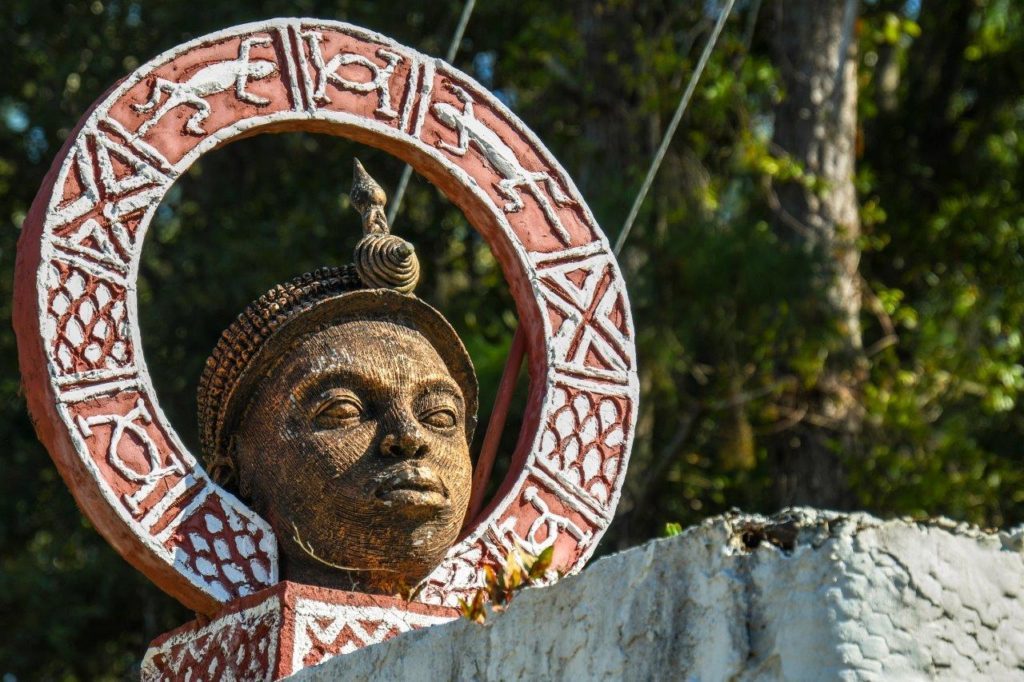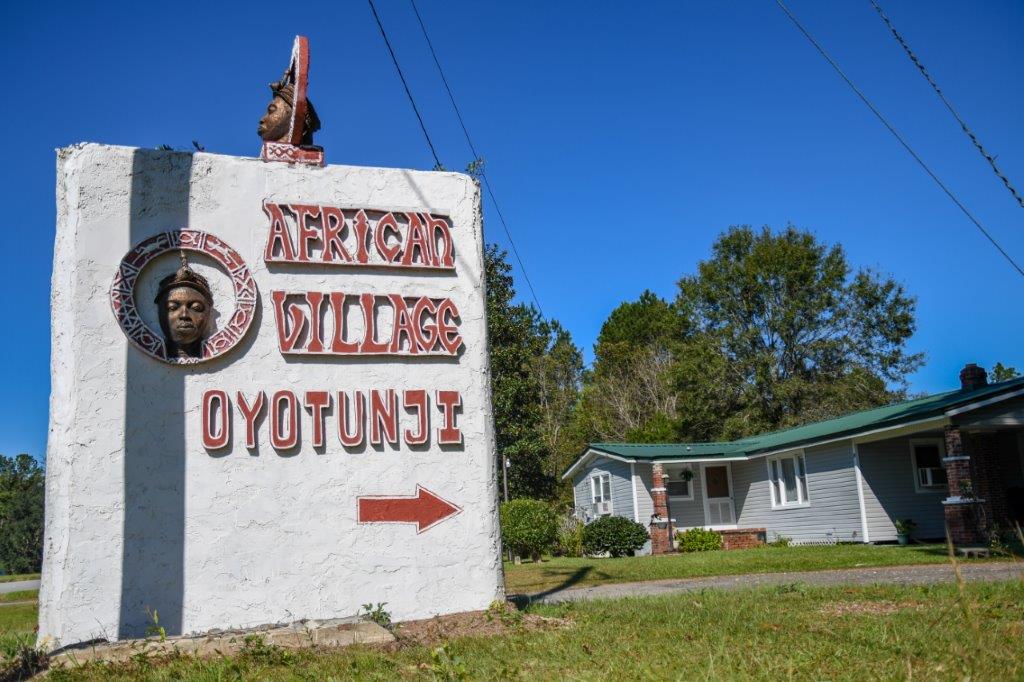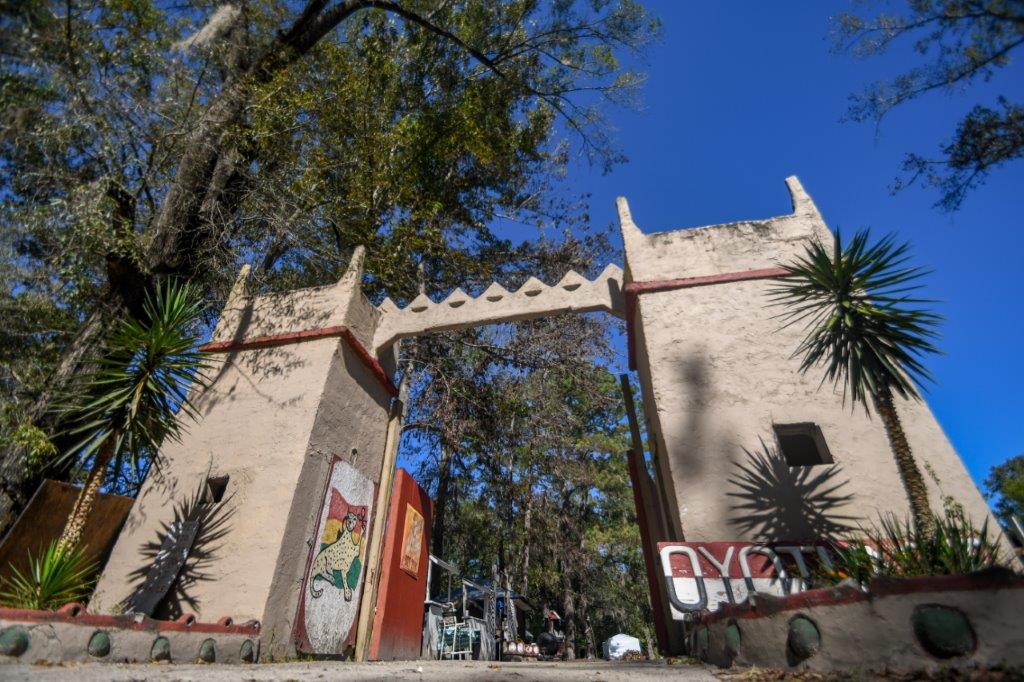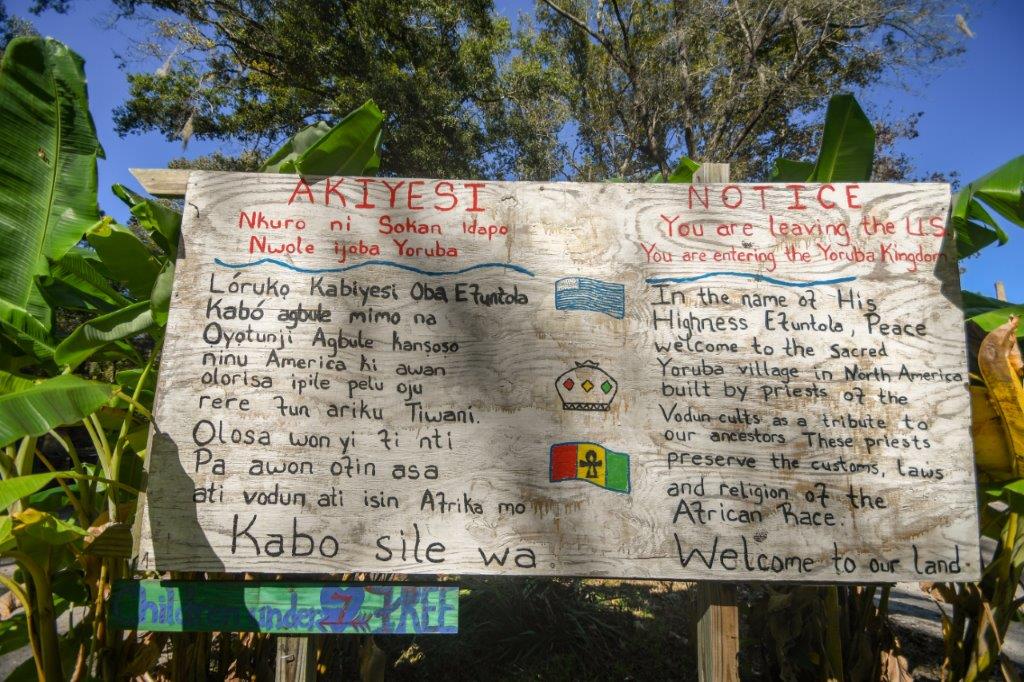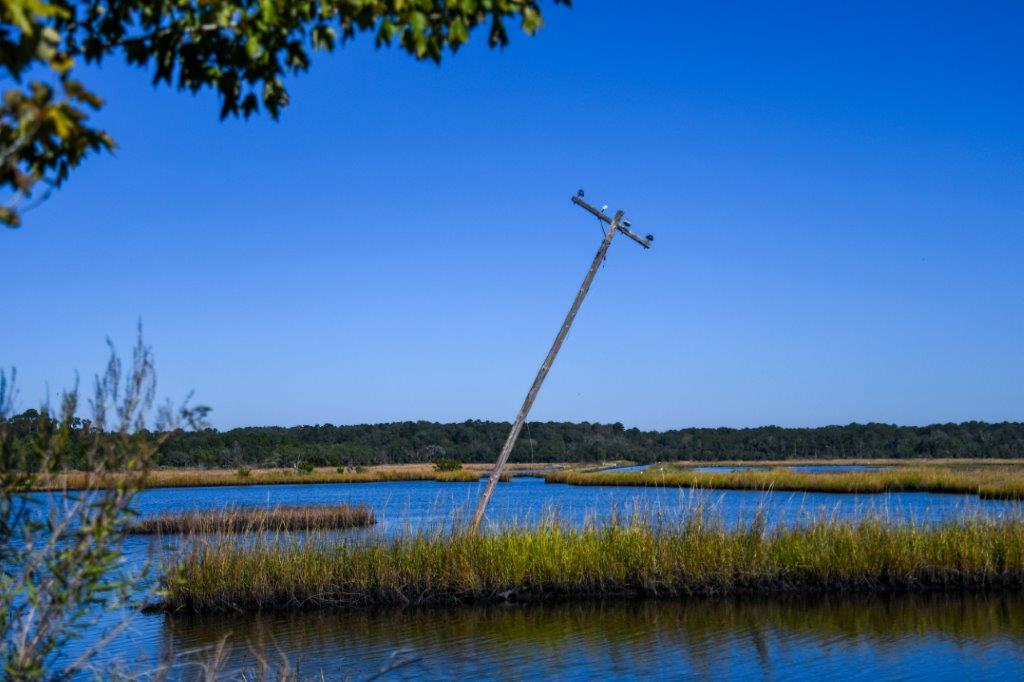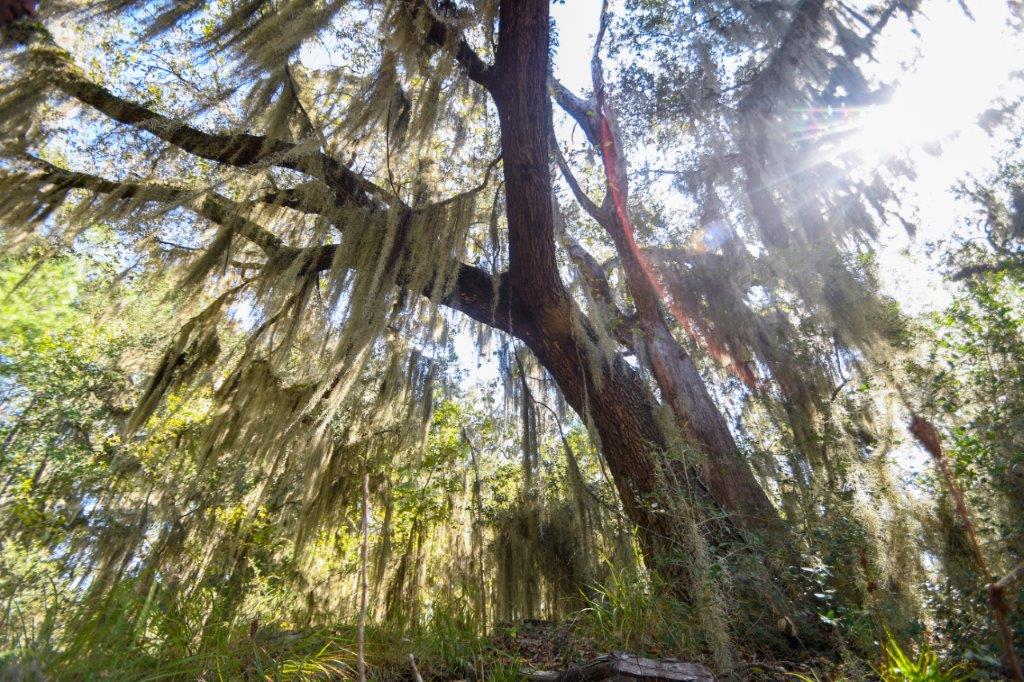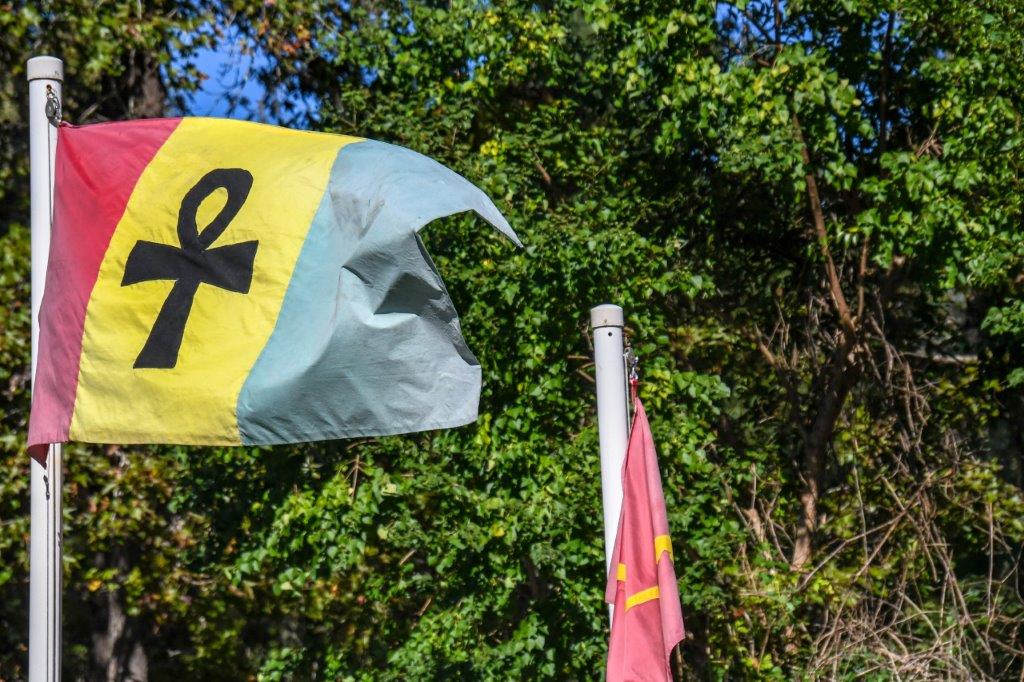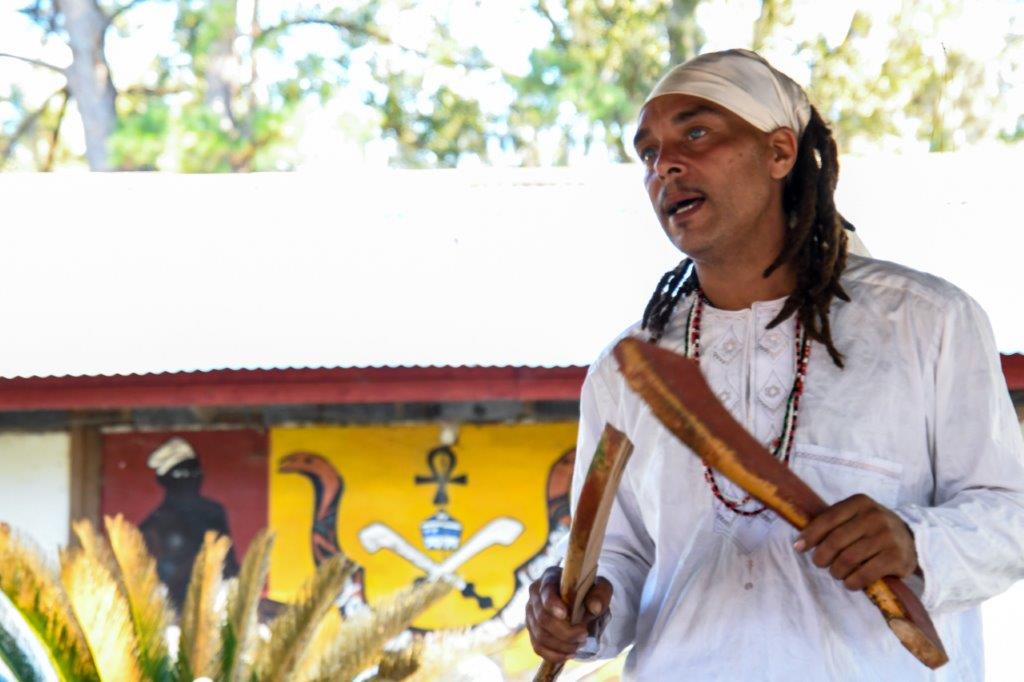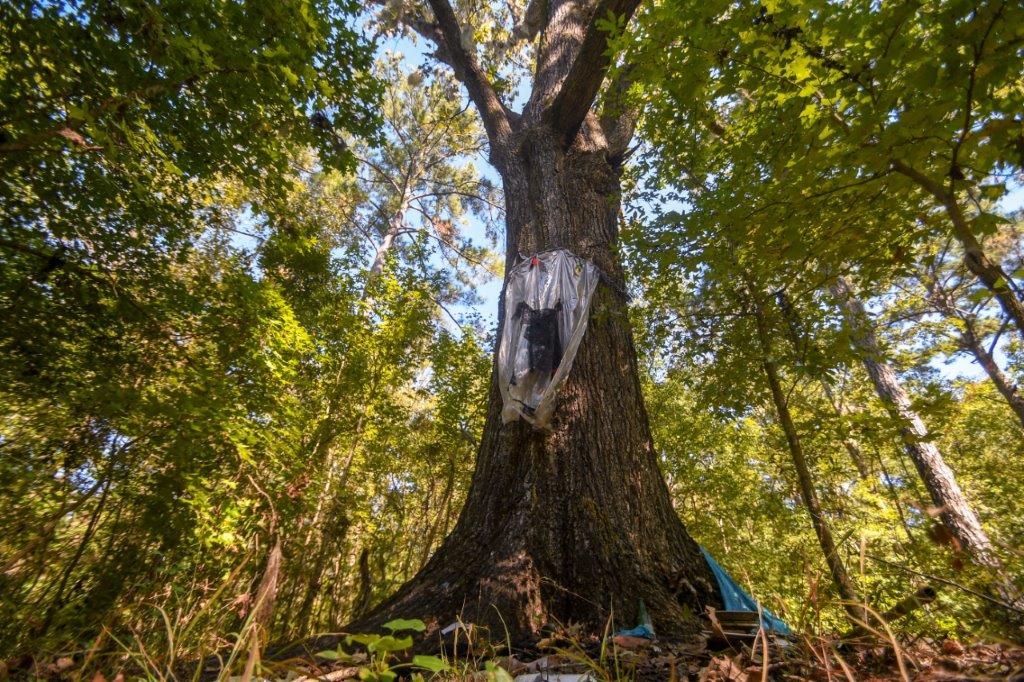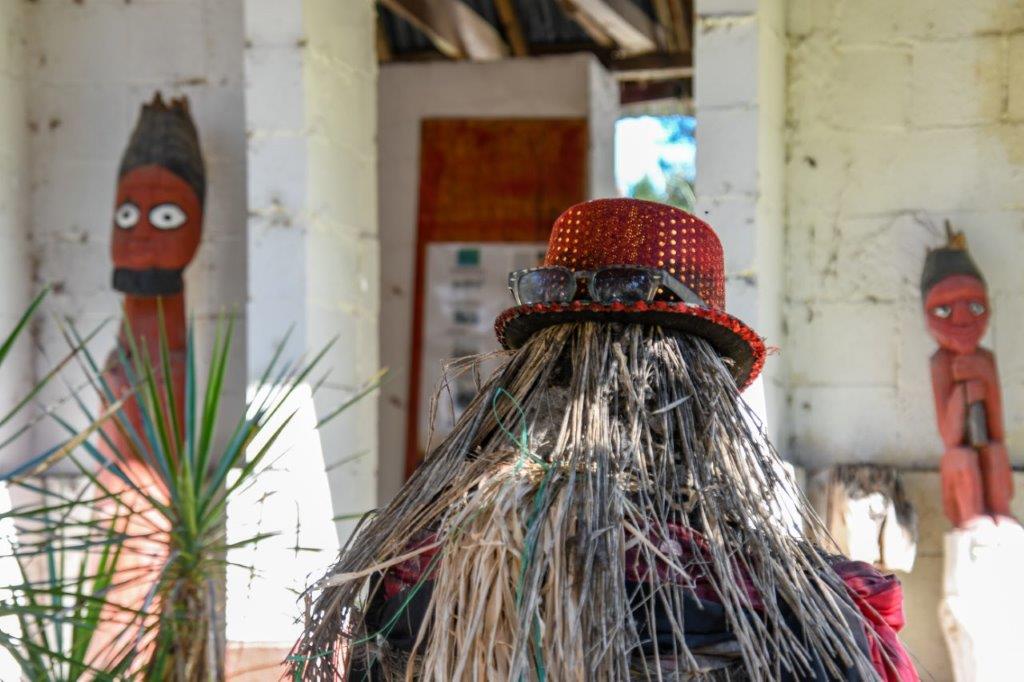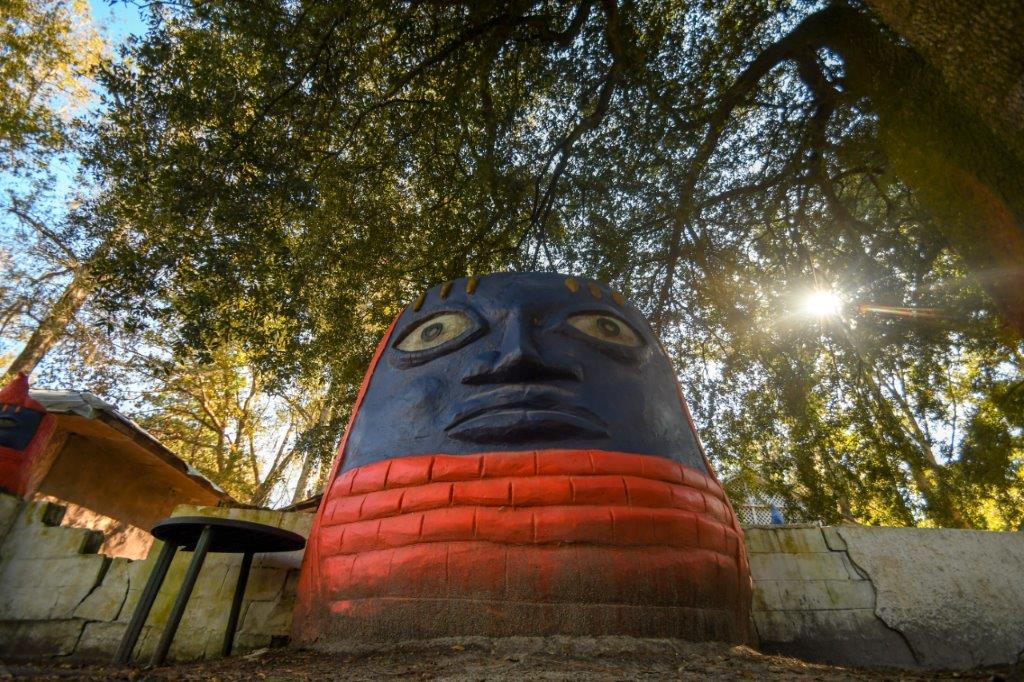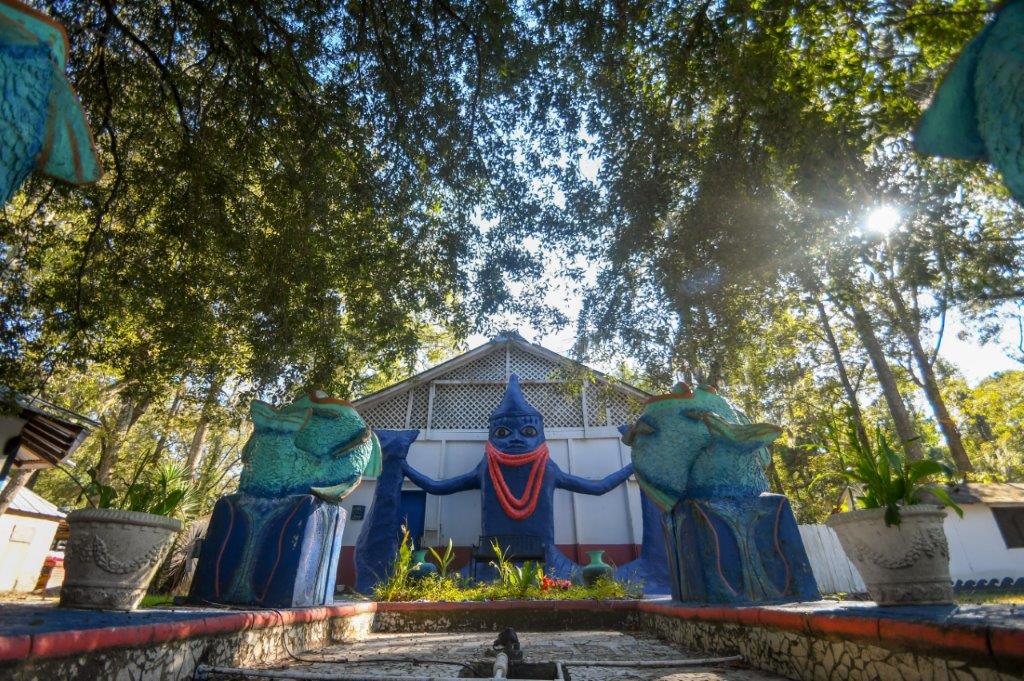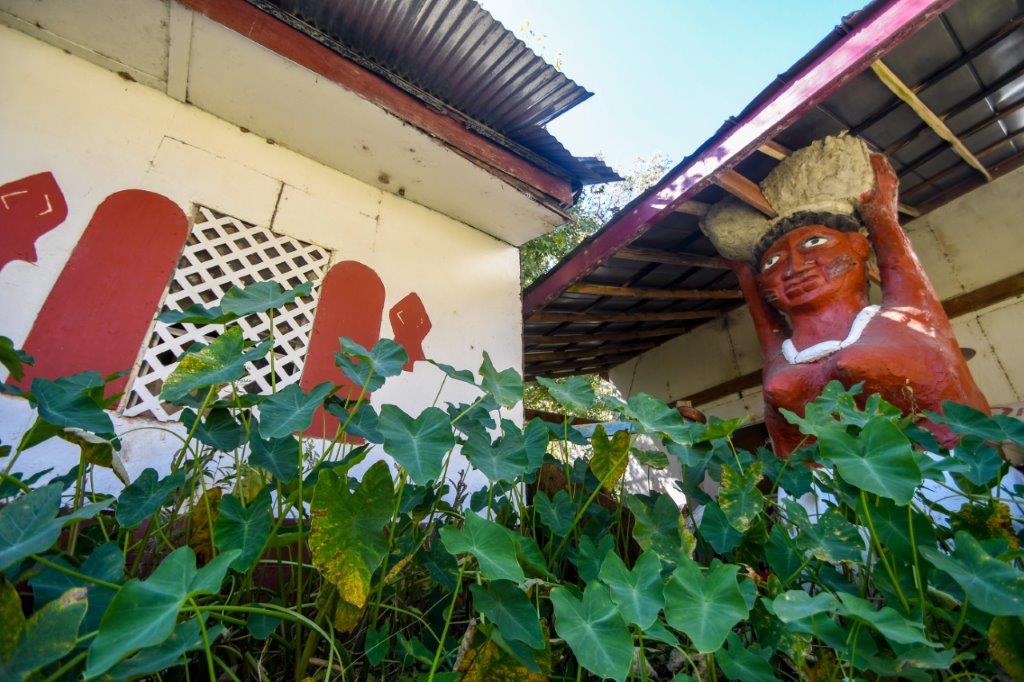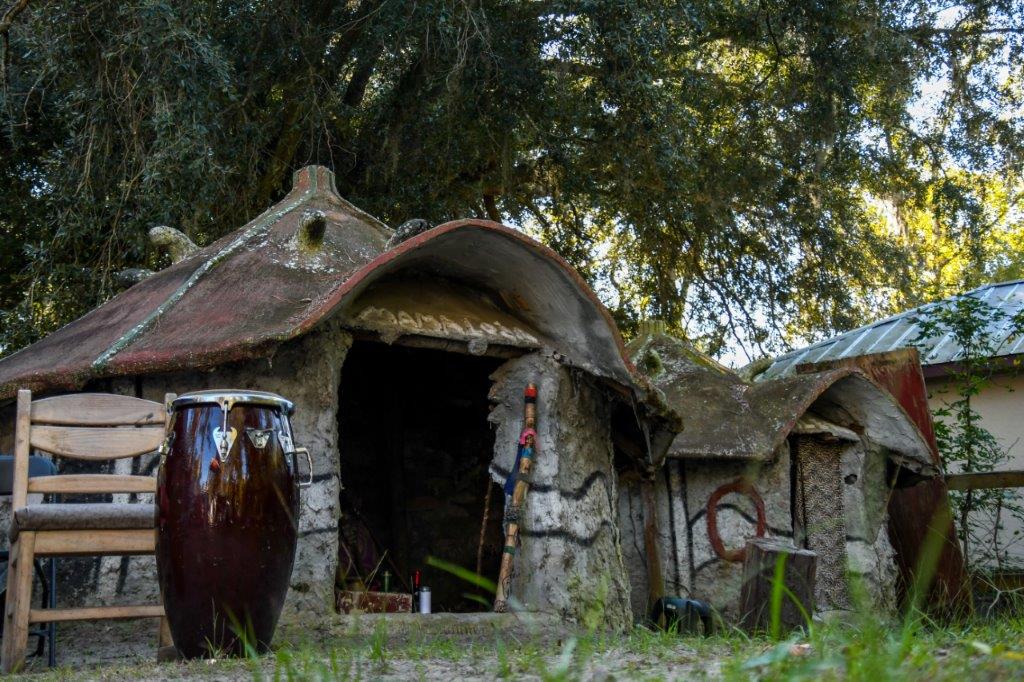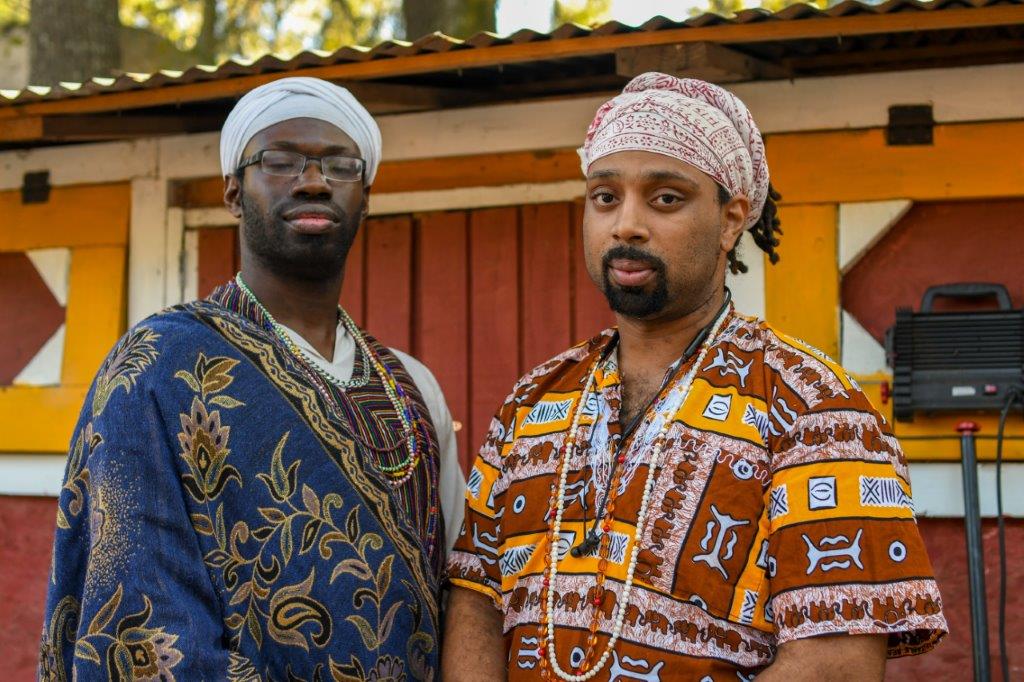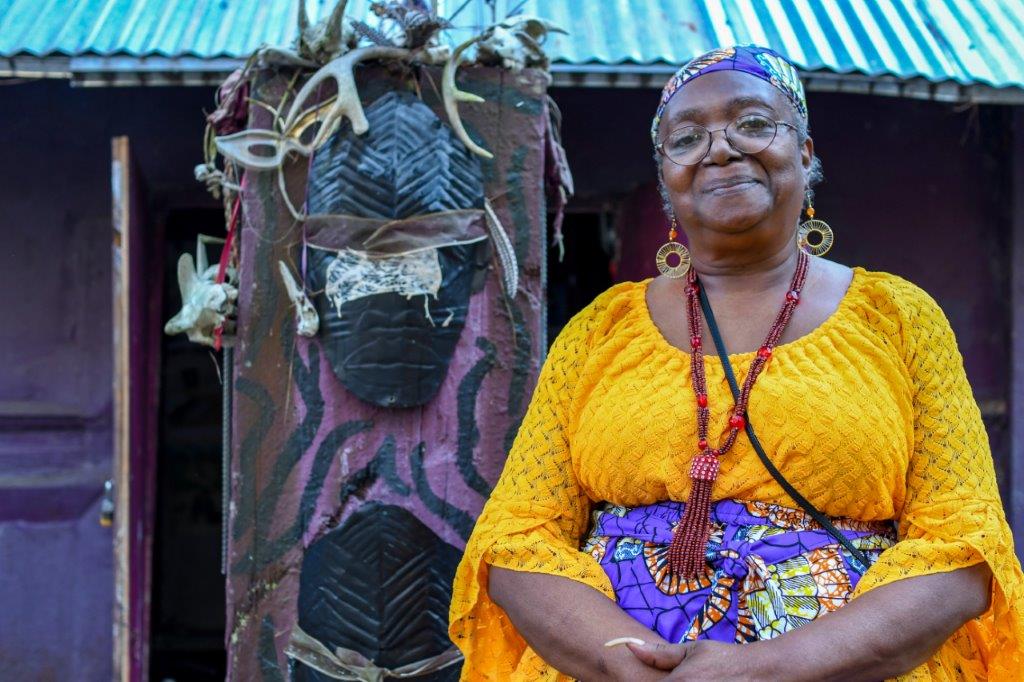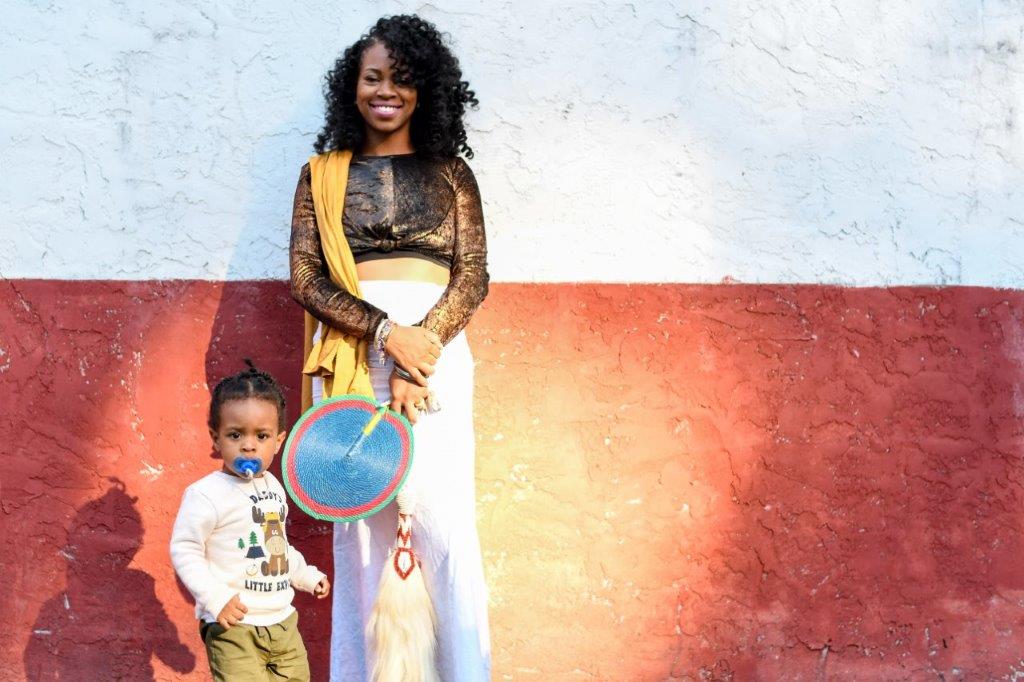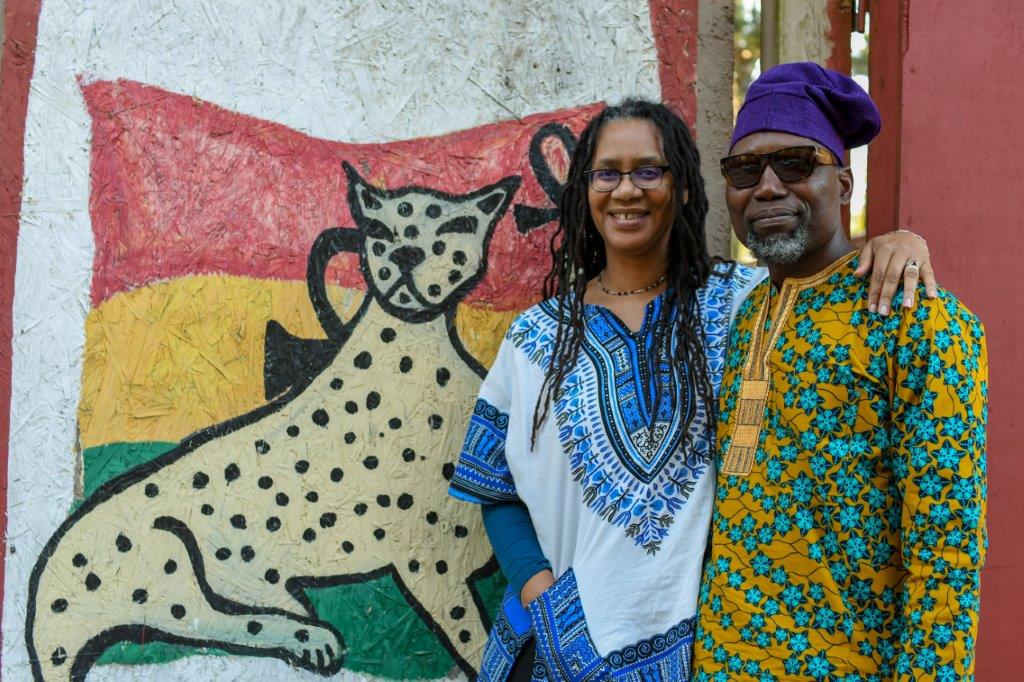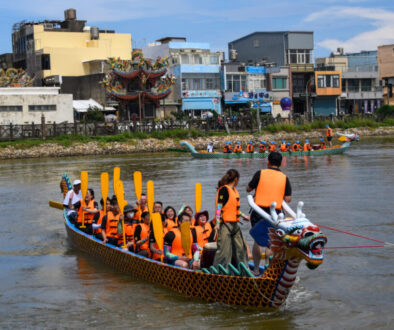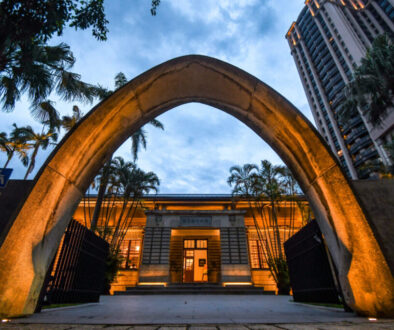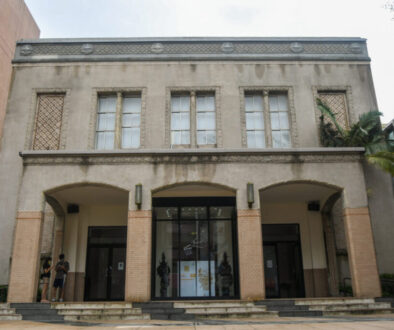Oyotunji: South Carolina’s African Village
The Oldest Authentic African Village in North America
One of the darkest chapters of American history is the destruction of African Americans heritage. When forcibly brought over to the New World African slaves were stripped of their names, culture, and language. As generations passed, any knowledge of their African roots have been diminished and forgotten in the past.
During the Civil Rights Movement, also known as the revolution, there were differing opinions on as to how black Americans would live in the United States. Martin Luther King spoke of integration while Malcolm X advocated for further segregation. Other than these two methods one other revolutionary offered another path: Cultural Revival.
Adefunmi was born in Detroit Michigan under the name Walter King. Throughout King’s life, he went through his own spiritual journey before founding the current order of Yoruba in North America. Adefunmi first studied Haitian Vodou at the age of 20 and later became the first documented African-American to be ordained into the Yoruban Priesthood.
In Harlem, New York Adefunmi set up his first Yoruba Temple but later moved it to its current location in Beaufort, South Carolina. Early in King’s journey, he ventured to Nigeria to search for spiritual guidance for his temple in North America but was outright rejected by the Yoruba people. After the success of his order, the revival of Yoruban beliefs in the United States, and the conflicts arising with the Cuban sect of the religion Adefunmi traveled to Nigeria a second-time. King was then welcomed with open arms and coronated as the Yorubian King of all of North America. Thus, the Yoruba Kingdom was born.
Ghosts of the Plantation
The Yoruba Temple has been moved several times before finally being placed in Sheldon, South Carolina. Originally founded in Harlem, Adefunmi hoped to move the Temple to Savanah, Georgia but had to settle for Sheldon, South Carolina. Even after arriving in Sheldon the village was moved once again due to noise complaints by the locals. Some consider it fate that the final location of the Yoruban Kingdom was on the site of a former slave plantation.
Behind the Oyotunji Village is a large expanse of swamps which was at one-time rice paddies worked by slaves. The former plantation house is even still standing, although it has seen many face-lifts over the years which makes it almost unrecognizable as being a relic from the 19th century.
As the slavery era has become a page in the history books, the plantation has been reclaimed by the swamp and the alligators who now call the murky waters home. The entire region around the African village played a critical role in the underground railroad, which Harrit Tubman was actively involved in. It is only fitting that a place where so many people were enslaved and suffered would be the center of African cultural revival in North America.
Entering the Yoruba Kingdom
When leaving the United States and entering the Yoruba Kingdom, visitors must wait by the gate before given permission to tour the village. Resident devotee Efunsegun has been living in the village for the last two years. He first visited Oyotunji to do a simple flooring job in one of the buildings but ended up finding his spiritual calling in the Yoruba culture. Today, he makes up one person in the 5-7 families that call Oyotunji home.
At the villages peak, the African Village was home to over 20 families. The population steadily declined as the younger generation left the compound for higher education and better employment opportunities.
After being cleared to enter the Kingdom, Efunsegun then leads tourists to the ceremonial drum which is played everytime visitors enter the village. In Oyotunji’s heyday, the sounding of the drum would indicate that all villagers would need to emerge from their homes to welcome the guests and open the market.
27 Acres of Orisha and Witches
The Yoruba shrines are spread out throughout Oyotunji and are the focal point of village life. Each shrine is dedicated to an Orisha which is the human reincarnation of a spirit. Other than the demi-gods there are also witches who draw their power from hollow trees. Much like the shrines, these witch trees have offerings placed at their base and are adorned with various scarves and fabrics.
The Yoruba pantheon consists of over 400 Orisha, 9 of which have shrines in Oyotunji. Eshu-the messenger god, Yemaya-goddess of the sea, and Shango -God of Thunder are just a few of the gods which are enshrined in the village. Like many other religions, each Orisha has its own personality as well as powers. Each devotee has two Orisha acting as their father and mother, these spirits both have direct involvement in the person’s life. In order to appease these spirits, followers of the Orisha will do anything from offering toy cars to performing animal sacrifices to win over their favor.
You can read more about Yoruba witches here!
The resident priestesses also perform various spiritual services for a price. The reason for charging devotees for these rites is due to the amount of time and preparation put into each ritual. These services range from a simple blessing to fortune telling, and even the more complex funeral processions or men’s rite of passage.
Some locals misinterpret the meaning of these rituals, using spiritual readings to predict the lottery or be granted forgiveness for ill-doings. Priestesses will usually advise against using these practices for such self-fish reasons. In the end, however, holy women will usually still perform these rites just to satisfy the follower’s wishes.
You can read more about the spiritual services performed at Oyotunji here!
Reviving African Culture
Oyotunji stands as a refuge for many African-Americans who wish to find a sense of belonging and their own ancestors. One of the first things an oppressive imperialist regime will do to quell any resistance within their borders is to strip their opposition of their culture and language. The cultural genocide against Native Americans and African-Americans is one of the darkest chapters of US history which to this day has not been properly addressed.
The village of Oyotunji exists as a path to give the black community a sense of their roots and ancestors. Although Walter King was able to trace back his lineage to the Yoruba people, that does not mean that every African-American is descendant of the same tribe. Regardless of where in Africa one’s forefathers may have come from, Oyotunji is a community for all black Americans in search of a connection to their ancestral motherland.
Pilgrims and Revolutionaries
Currently, only a handful of people call Oyotunji their home, most of which are priestesses who perform many of the spiritual services and rituals. This extraordinary group of women were on the front lines during the civil rights movement and the revolution, thus giving them a copious amount of knowledge and a unique insight on the world.
During the day there is little to no activity in the village. If the locals are not holding a special event or recognizing a holiday, one may even come under the assumption that the Kingdom is abandoned. According to Efunsegun, there may be days when Oyotunji will see no visitors at all. Then out of the blue, the village will suddenly receive new guests as well as old residents numbering well over a hundred.
Long Live the King
The founding king, Adefunmi, passed away in 2005. His crown was then passed down to his son, Adefunmi II. The King’s wife and children all live in Oyotunji and are sometimes even available to answer questions from visitors. As long as guests enter the Yoruba village with a smile and an open mind, the locals will be extremely welcoming and hospitable. Although life in the Kingdom has slowed down since the 70s and 80s, there is still hope that this village will exist for decades to come. A fire recently burned down one of the Orisha’s temples and destroyed many artifacts in the process. The Queen mentioned that the fire served as a blessing in disguise, the King has since been inspired to double his efforts towards rebuilding the temple and helping the village.
In the past, seclusion helped the Oyotunji village to thrive and develop their own sense of identity and culture in peace. As revolutionaries aged and their children left the village, the Yoruba Kingdom must find other means to survive. The best way to ensure that all the hard work the village has put into uncovering their roots is preserved for future generations is to open the gates of their kingdom and educate Americans about Yoruba culture.
You can read more about Oyotunji’s festivals and events here!

